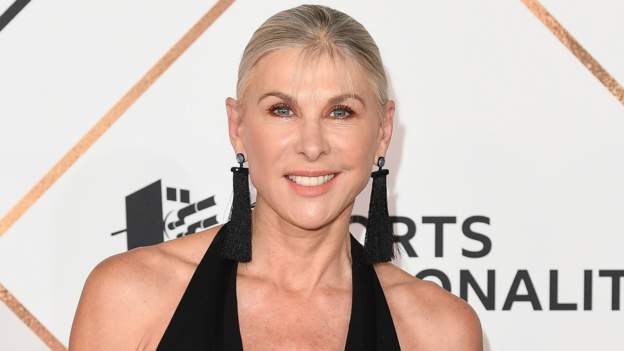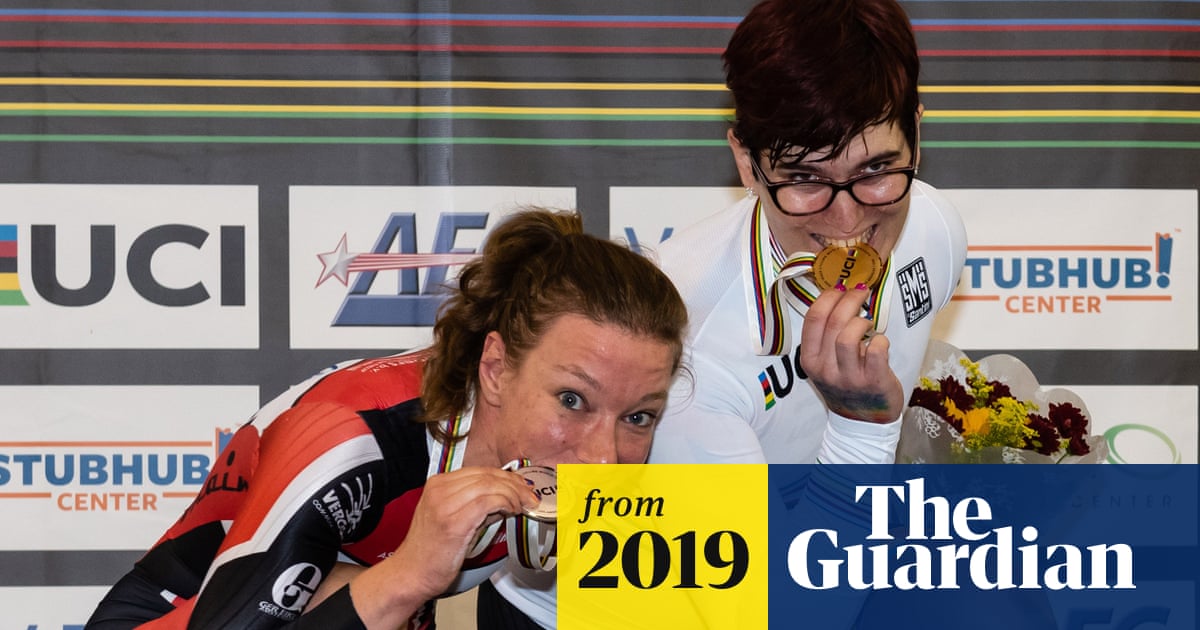You mean this: Stuff ?
Yeah, it was a bad take. Like, this was her actual statement:
Navratilova, who was responding to a question from one of her followers, said: “Clearly that can’t be right. You can’t just proclaim yourself a female and be able to compete against women. There must be some standards, and having a penis and competing as a woman would not fit that standard.”
Please note that nobody is actually advocating for that. Nobody is saying that people should be allowed to declare themselves transgender and immediately compete as the opposite gender. This is at best a misconception and at worst a pernicious and dangerous lie peddled by transphobes to shift the conversation to ground they’re more comfortable on. When people fall for that myth, or the related myth that trans athletes are more in line with their birth sex than their new gender post-HRT, it’s pretty damn harmful.
In reality, any sports association worth their salt demands that transgender athletes transition (whether or not that includes surgery), because pre-transition transwomen have a clear physical advantage. The discussion is and always has been about post-transition transwomen, and arguing otherwise is at best a weak strawman.
And, to her credit, Navratilova walked her statement back:
Earlier, Navratilova said: “I am sorry if I said anything anywhere near transphobic – certainly I meant no harm. I will educate myself better on this issue but meantime I will be quiet about it.”
“Ok- I take it back,” she wrote. “Clearly I do t know what u [sic] am talking about. So once again- I will defer to Renee Richards as she certainly knows what she is talking about. I will find that tweet and delete it. All I want is fairness. Thank you.”
See, that’s a really good apology! “I’m sorry I said something hurtful. I did not mean to; I did not know what I was talking about. I will shut up until I know what I am talking about so that I do not hurt any other people.” You basically could not ask for more than that.
The thing about the whole “notorious homophobe” thing is that you can be great on LGB rights while being pretty shit on T rights. There’s a whole segment of the LGBT activist community who actively want to saw off the “T” and focus only on the rights of gay, lesbian, and bisexual people (or, less inflammatorily, think that abandoning the T “for now” is a sacrifice worth making on laws like ENDA). There’s a long history of (especially, but not exclusively) lesbian feminist activists being aggressively anti-trans; you may have heard of Trans-Exclusionary Radical Feminists (or, more accurately, Feminism-Appropriating Reactionary Transphobes, because my feminism will be trans-inclusive or it will be bullshit).
Navratilova isn’t one of them - she, like quite a few people, is just a bit behind the curve on trans issues. Indeed, what happened is that the far-right (y’know, the same people who would fight to deny her her right to marry a female partner if she so chose) picked up her statement and ran with it, because, “hey, look, a major LGBT icon saying something that validates all our nastiest beliefs about trans people, SIGNAL BOOST!”. Then, she was corrected on twitter and retracted her statement. I’m sure she’s comforted to know that she’ll now proceed to be trotted out by transphobes for the next however long it takes for this myth to stop being interesting to people and used as a cudgel against LGBT people. :mad:

